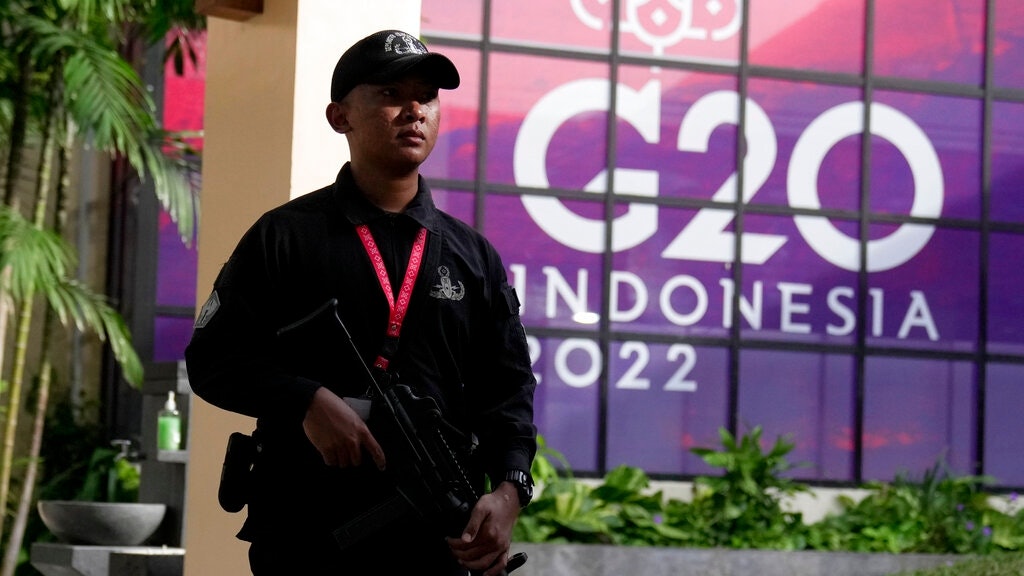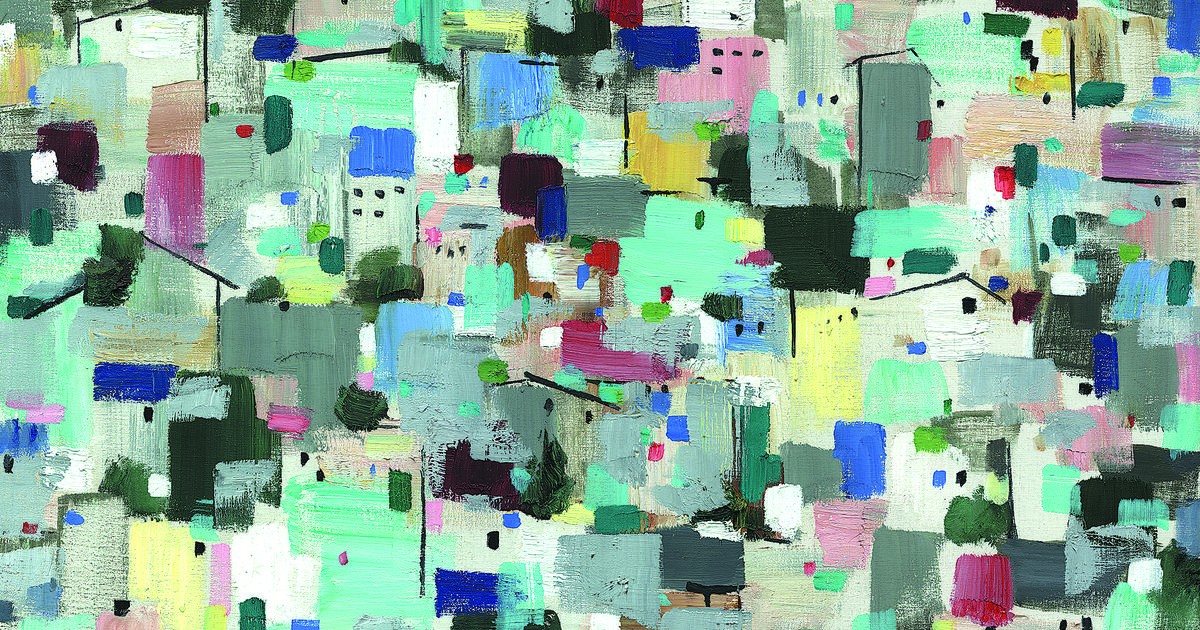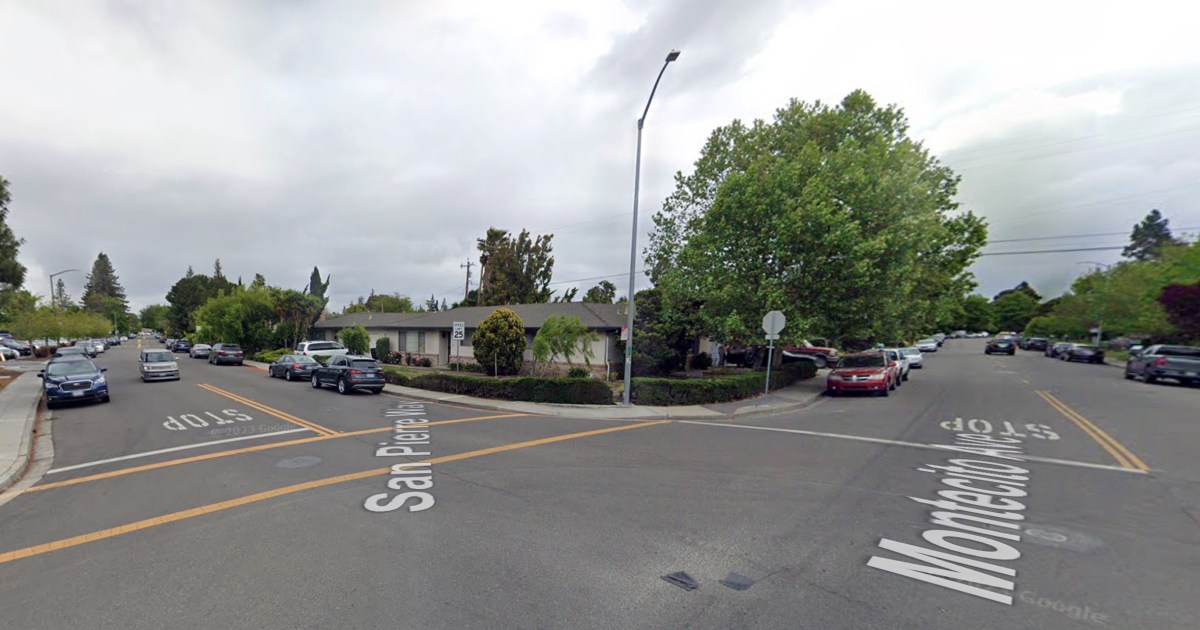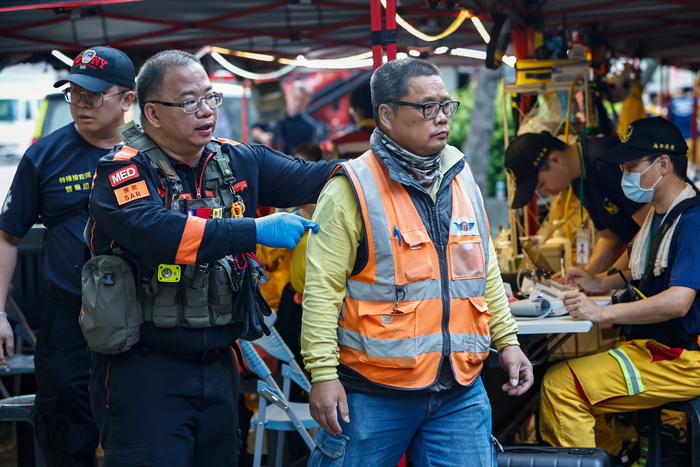Introduction: At the beginning of the outbreak of the epidemic, Wu Qina, an associate researcher at the Institute of Modern History of the Academia Sinica in Taiwan, was interviewed by a reporter from Hong Kong 01. Opportunities for key propositions such as capitalism, globalization, nationalism, and liberalism.
Today, after the epidemic lasted for three years, Wu Qina was interviewed by Hong Kong 01 reporter again, and combined with the specific situation of the epidemic, he rethought capitalism, globalization, nationalism and liberalism.
In addition, Wu Qina also explained why a community with a shared future for mankind is important and necessary in light of the Chinese-style modernization proposed by the 20th National Congress of the Communist Party of China.
This is the second part of the interview.
Interview with Wu Qina·1|How does the epidemic change the world?
Progressive view of history is fundamentally challenged
Hong Kong 01:
Where do the three issues of capitalism, globalization and nationalism ultimately come down to?
You quoted American linguist Noam Chomsky (Noam Chomsky) at that time to raise another question, which is what is the standard for evaluating the quality of our entire politics?
In the past 19th and 20th centuries, all politics has been nationalized and ideologicalized, and many technical factors in politics have been added with a political description, making it impossible for us to recognize what politics is doing.
In fact, politics itself has a very important so-called political ability, which is how to do politics well, and how to do it well is not good.
Before the arrival of the COVID-19 epidemic, this serious issue could not be discussed, because all discussions must return to ideology.
But because of the blindness of the virus itself, it provides us with an unprecedented opportunity. Whether the quality of politics is good or bad, and whether the ability of politics is good or bad, it will inevitably be tested by the virus.
Combined with the three-year epidemic situation, how do you answer questions such as "what is the standard for evaluating the quality of politics as a whole" and "what is politics doing?"
How do we comprehensively and accurately assess the political capabilities of a political party?
Wu Qine:
In a general sense, the evaluation standard of political quality lies in whether it can effectively promote people's well-being and whether it can effectively maintain the relationship between people and society, and between people and nature.
Not long ago, the CCP held its 20th National Congress. A small number of people in Taiwan read the report of the 20th National Congress. Some people reported that Taiwan’s election process, legislatures, administrative agencies, and political party meetings have never been like the CCP’s plenary session. Examine the previous work and check whether the campaign promises have been fulfilled, because in reality, the proportion of what politicians promise can be realized is not high. Of course, they don’t want to look back and can only continue to draw big pies for the future; What has been done in five or ten years has been examined in detail. For the people of mainland China, many people are accustomed to such reports, and even think they are commonplace. But from the outside, a political party dares to examine the past in this way. An easy thing to do.
In the past, China formulated and implemented the thirteen five-year plans, which contained real political capabilities.
Wu Qina, an associate researcher at the Institute of Modern History of the Academia Sinica in Taiwan, believes that the Chinese Communist Party has not abandoned its highest ideal, but instead re-expressed this highest ideal as a "community with a shared future for mankind."
(Photo by Zhang Junkai)
There are two important concepts in the report of the 20th National Congress of the Communist Party of China. One is Chinese-style modernization, and the other is a community with a shared future for mankind.
The concept of Chinese-style modernization may cause many doubts in the intellectual circles. Some people will ask: Modernization is modernization. How can there be Chinese-style modernization?
But I think that Chinese-style modernization still appeals to all human beings, and the focus is not on creating another concept of modernization in a specific region or in a different model, but rather distinguishing it from the modernization defined in the past.
The content of modernization in the past—that is, modernity, originated from a special historical background, that is, the capitalist market economy, so when talking about modernization, it has not considered whether the modern life of some people affects other people. Not affecting nature.
Chinese-style modernization actually reminds people that we need to face these relationships and find the part that fits the goal of modernity from tradition, such as the relationship between man and nature and the politics of the mean in Chinese tradition.
Looking at the community with a shared future for mankind, one of the keys to a community with a shared future for mankind is globalization based on Chinese-style modernization. Chinese-style modernization is not the modernization of Sino-centrism, but starts from the Chinese model to correct the shortcomings of the current popular modernization model. And then extended to the mutual relationship and common well-being of all human beings, the mutual relationship and common well-being of human beings and the environment.
These interrelationships are more important in the context of the epidemic, because the epidemic has made us realize that the scale of the earth is limited, and all life on the earth has common interests. For sustainable development, we need to maintain a normal cycle to adapt Earth scale.
But there is no way to recognize this under the linear, competitive capitalist mindset.
I have said in the past that pessimistically, Westerners may not realize that mankind is a community with a shared future until one day alien civilizations threaten mankind on Earth, but by then it may be too late, which is very sad.
The three-year epidemic is actually a good reminder, giving us the opportunity to think clearly about the commonality of the destiny of mankind, stop unnecessary political spiel and economic oppression, and strengthen cooperation instead of worsening competition.
Hong Kong 01:
Regarding the ability and quality of politics, you evaluate it from a relatively large perspective, including whether it can effectively promote people's well-being, and whether it can maintain the relationship between people and society, and between people and nature.
When it comes to the adjustment of China's epidemic policy, many people will be confused. China has strong administrative and political capabilities, including the five-year plan and the report of the 20th National Congress you mentioned. Not satisfied, especially the sharp turn of the full liberalization policy in the later period.
How do you see the tension in this?
On January 9, the pharmacy next to the First Affiliated Hospital of Sun Yat-sen University in Guangzhou sold a variety of antipyretics.
(Photographed by Hong Kong 01 reporter)
Wu Qine:
If the situation after the mainland's liberalization is placed in Taiwan or Japan, will it cause people to panic?
I don't think so.
why?
Because in Taiwan, Japan, the United States, or Europe, most people are used to the fact that the government can do only limited things. Living in the capitalist jungle for a long time, they will develop a survival instinct.
Among them is the ability to "receive".
But China is different. China uses traditional political concepts, or the mentality of "parents and officials" to understand politics, and believes that the government should take care of everyone and provide bottom-up services. In reality, it is also used to the government's care.
During most of the epidemic period, people felt that they were being controlled too much, and there was an aversion similar to that of "children" against the control of "parents". When the speed of the epidemic finally surpassed the speed of epidemic prevention and response, people felt that "parents" had abandoned themselves. Blame "parents" for incompetence.
Obviously, the virus is controllable in the early stage, but after entering the Omicron stage, it has exceeded the limit of all human control capabilities, and it is not meaningful to continue to adopt the previous containment mode.
After the full liberalization, the drug preparations were insufficient, and many people rushed to buy antipyretics, etc. This period is a painful transition period.
People will of course ask, is such a painful transition period related to the government's incompetence in governance?
The government is not omnipotent. There is no doubt that it cannot always respond immediately to the constantly mutating virus. However, we should note that people in mainland China react differently to people in Taiwan, Hong Kong, South Korea, Europe and the United States in anticipating disasters. , China is still relatively pre-modern.
The term pre-modern does not have a derogatory meaning. Pre-modern thinking has its own value. To transform into capitalist modern thinking, there will be a process of constant adjustment.
On the other hand, are citizens after Western modernization perfect?
As I said before, this model is not perfect, and we need to explore a better model. In this process, the participation of the public itself is crucial, and not all the responsibilities belong to the managers.
The epidemic itself is a good opportunity, providing people with an intuitive experience, which will soon show the whole picture. When the spring comes, people's mood should calm down a lot, and then I will go back and explain the whole process , what we learn from the middle will be much more than what we lose.
Interview with Wu Qina·1|How does the epidemic change the world?
Progressive Views of History Are Fundamentally Challenged Interview with Xiang Biao 1|After the huge swing, what is the fulcrum of China's post-epidemic social reconstruction?
Interview with Xiang Biao 2|What is a Resilient Society?
Dialectical Interview of Chaos and Vitality Xiang Biao 3|Is the end of the universe a test?
Opportunism Behind Absolute Stability Interview with Xiang Biao 4|Why is the governance model of "full infiltration of the state into society" unsustainable?









